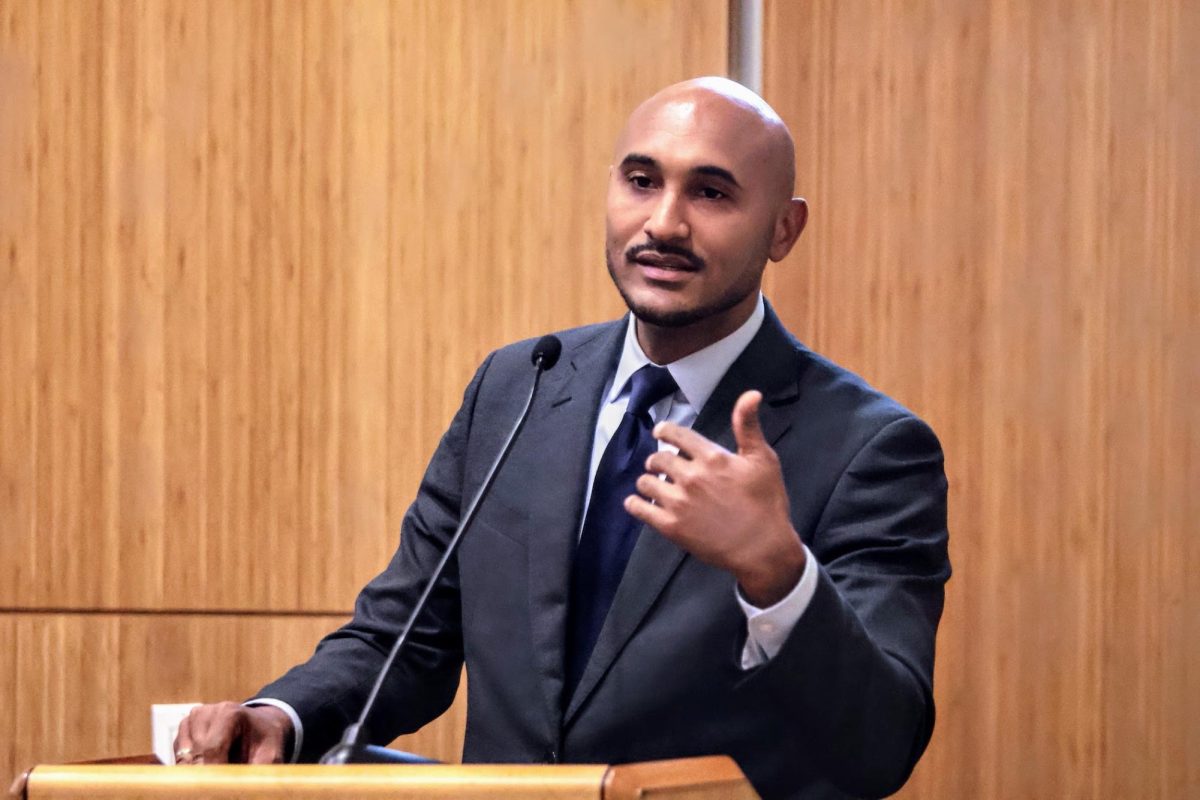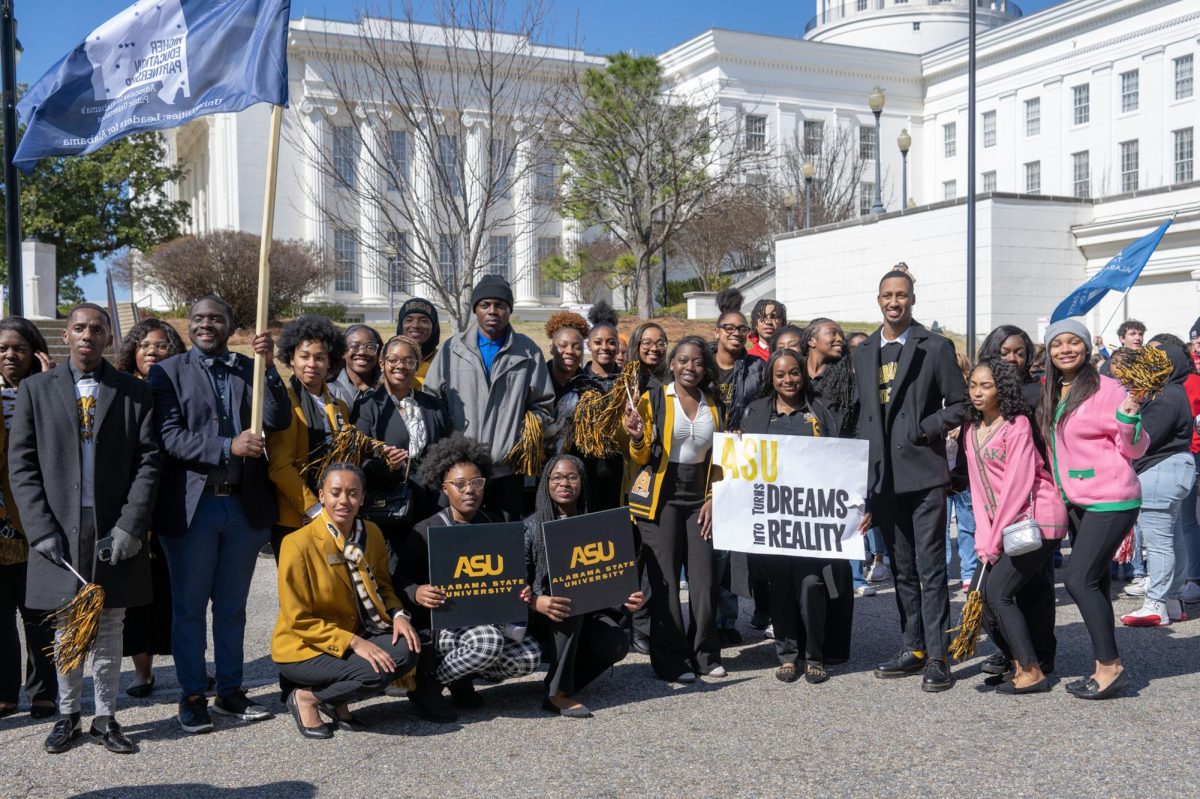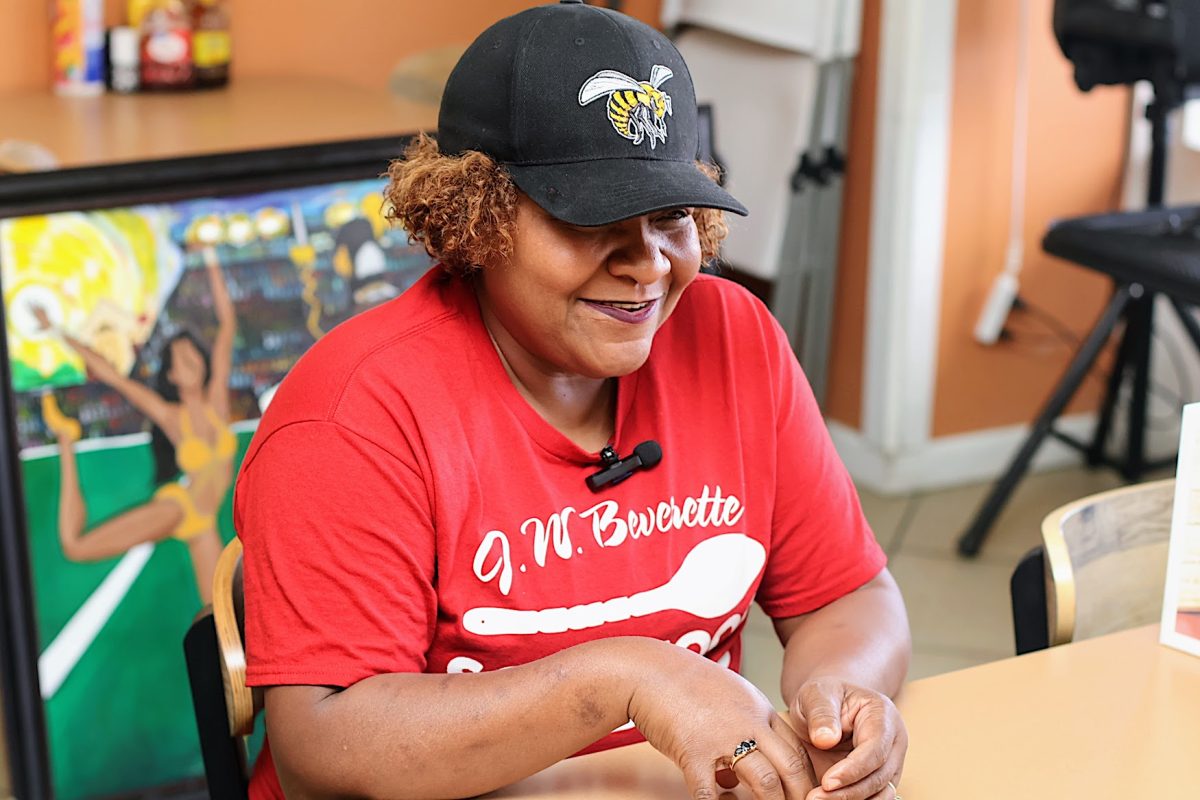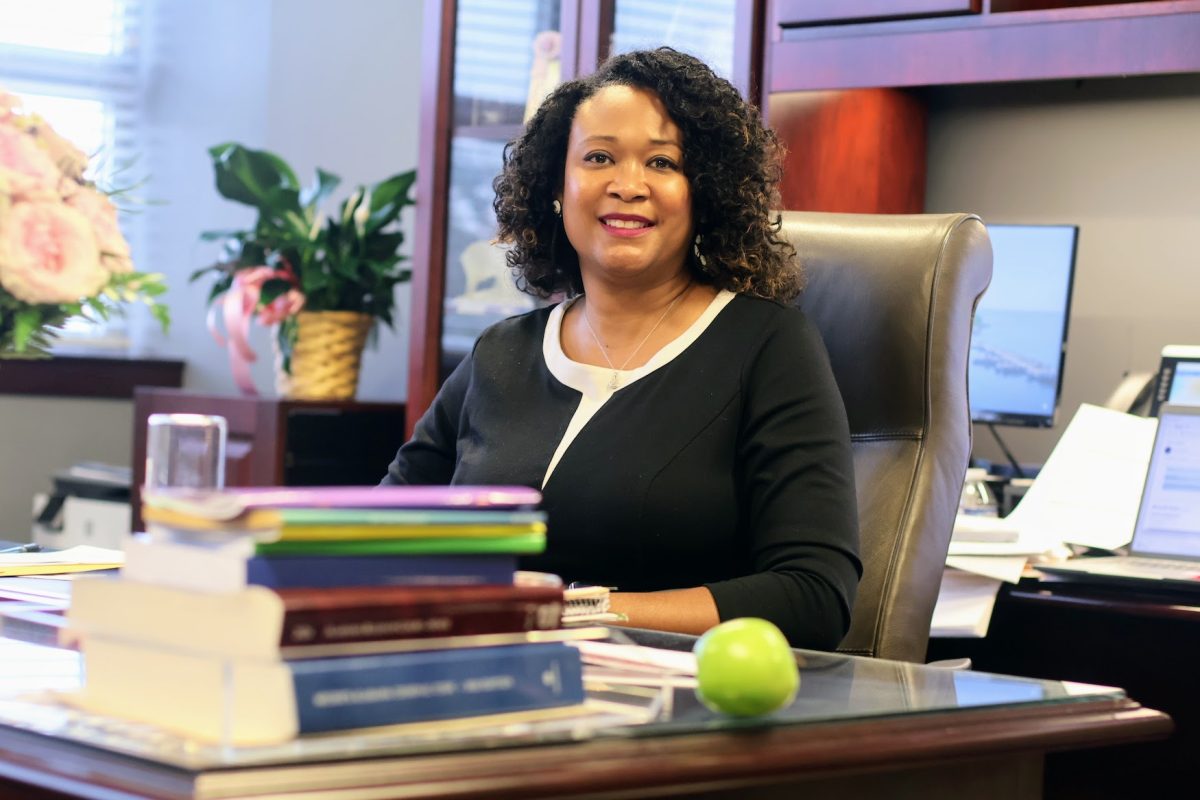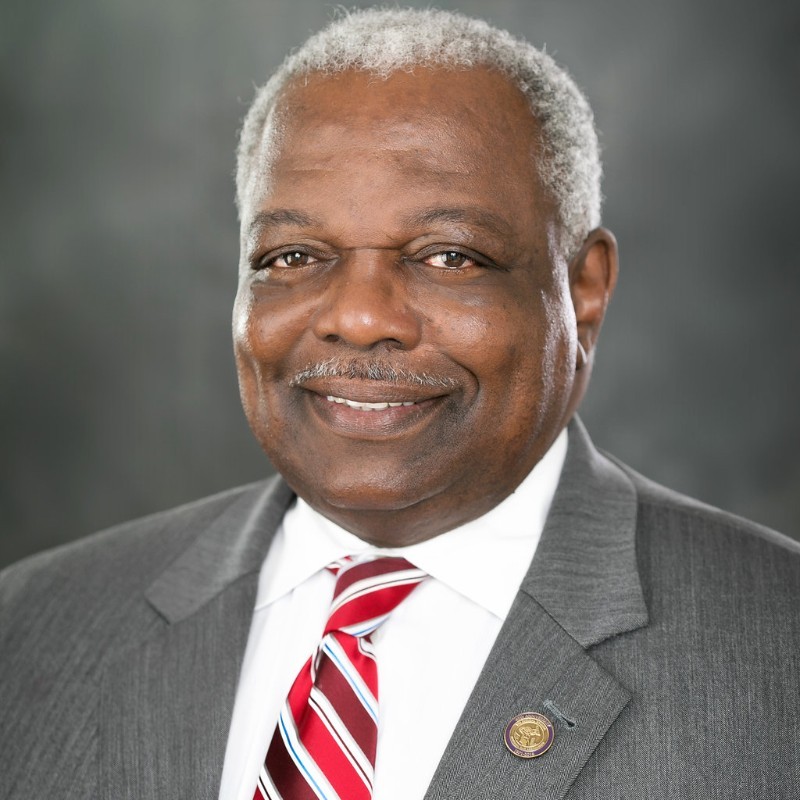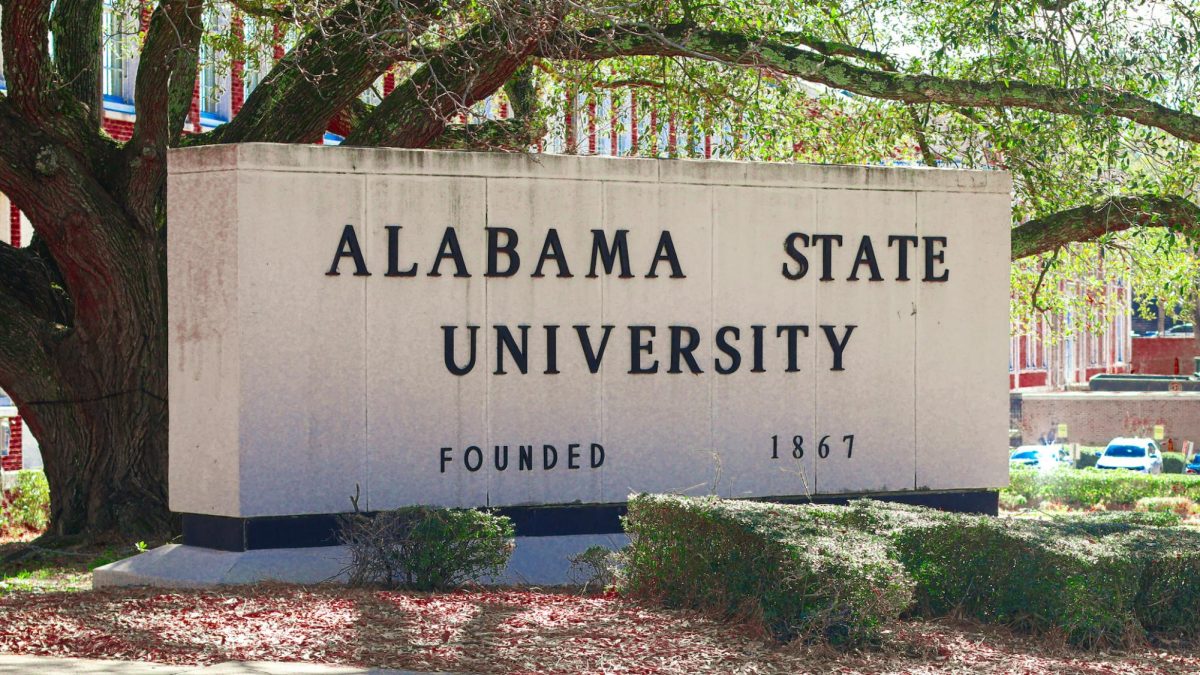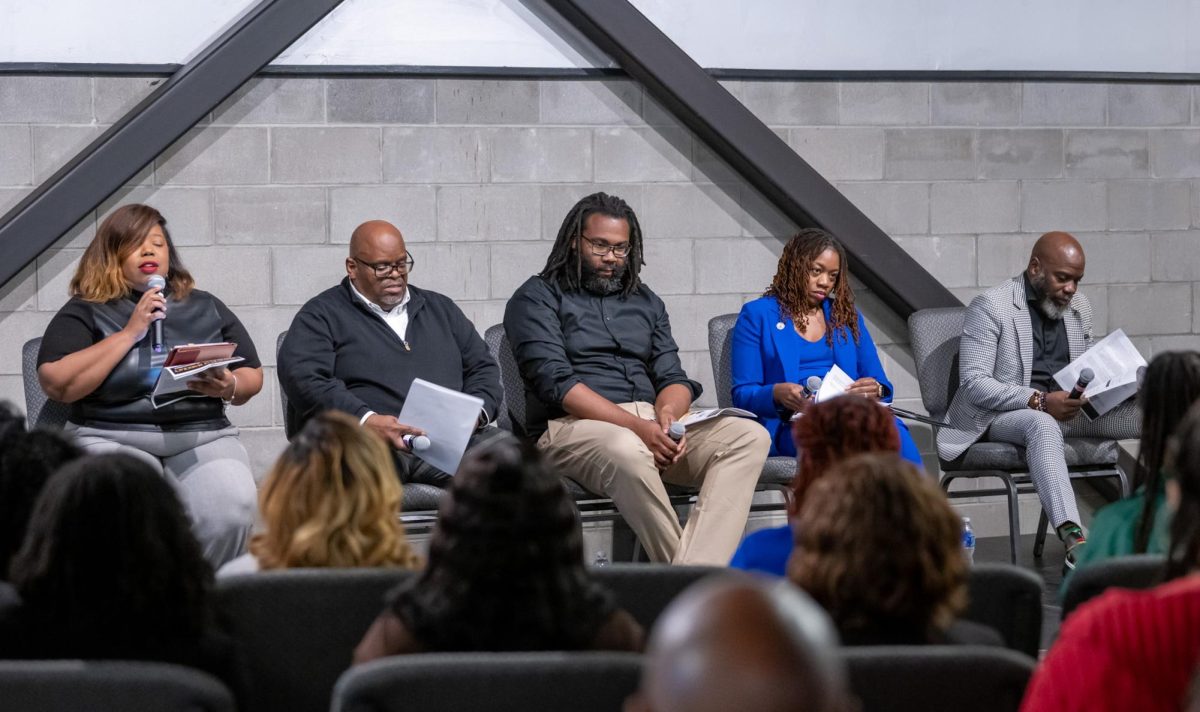Auburn University Montgomery is moving into the artificial intelligence world.
But rather than focusing on creating artificial intelligence, the school wants to teach students how to use AI as a tool.
“We’re not trying to create a better AI system, we’re not trying to create the computers that run it or anything,” said Ross Dickens, the dean of Auburn University Montgomery’s College of Business. “We’re just saying, ‘Okay, here’s a tool that is now useful and what are the issues in trying to decide how to use it?’”
AUM started its AI program last spring and it is looking to expand it. The school is offering two courses at the graduate and undergraduate level. One is an introduction to AI. The other course is running models to improve AI predictability to help the machine learn to make better predictions.
Carl Stockton, AUM’s chancellor, requested approval from the Auburn University Board of Trustees to create a master of science in artificial intelligence at the school at the board’s Aug. 25 meeting.
“The proposed program would help meet the workforce needs and prepare students to lead organizations in the deployment and management of artificial intelligence,” he said.
He said they have already had interest from the business community nationwide. He said they would only need to use existing resources.
The measure passed on a voice vote.
Graduate programs also need to be approved by the Alabama Commission on Higher Education.
Robin McGill, deputy director for academic affairs at the Alabama Commission on Higher Education, said in a statement that they have not yet received a formal request from AUM on the masters degree, but said they were “excited about the prospect of a proposal in this field.”
Speaking more generally, McGill said that proposals are due to the Commission at least three months in advance of their quarterly meeting to allow time for public comment, peer review by the Alabama Council of Graduate Deans and their own review of the program.
The Commission’s review looks at how the program meets industry needs within the area and state, how it fits the institution’s role and mission, whether the institution has the capacity to offer the program (or if it needs further investments), amount of student demand and whether it duplicates another program. She wrote that for new fields, like AI, they look at private college programs and programs in neighboring states.
She wrote that most reviews and feedback can be gathered in time for the next quarterly meeting.
“So, if we receive the formal proposal from AUM within the next week, we would anticipate that the Commission would consider it for approval at its meeting on December 8, 2023,” she wrote.
Once a program is approved, it can be implemented next term. Sometimes there is additional review needed by an accreditation agency before it can be implemented, but McGill wrote that she does not believe it would be necessary for this program. Institutions are expected to do their own due diligence.
“We’re beginning to see now that they’re beginning to know our students having training in this area, we’re starting to get a great deal of interest in our students,” he said.
Troy Johnson, spokesperson for AUM, wrote in an email that student Hang “Hanna” Tran examined data points, such as consumer views, from Starbucks to understand the popularity of food and drinks on the menu. That information could be used for marketing reasons or to predict human behavior and customer preferences through neural networks.
Duc Tran, another AUM student, has been examining data to better train facial recognition software to recognize faces when there have been attempts to obscure identity, such as a disguise.
Looking forward, Dickens said he wants to use this as a “true distinction” for the school. Most other schools, unlike AUM, use AI in engineering or computer science curriculums.
“We’re not trying to create it,” he said. “We’re trying to utilize it as a tool.”


